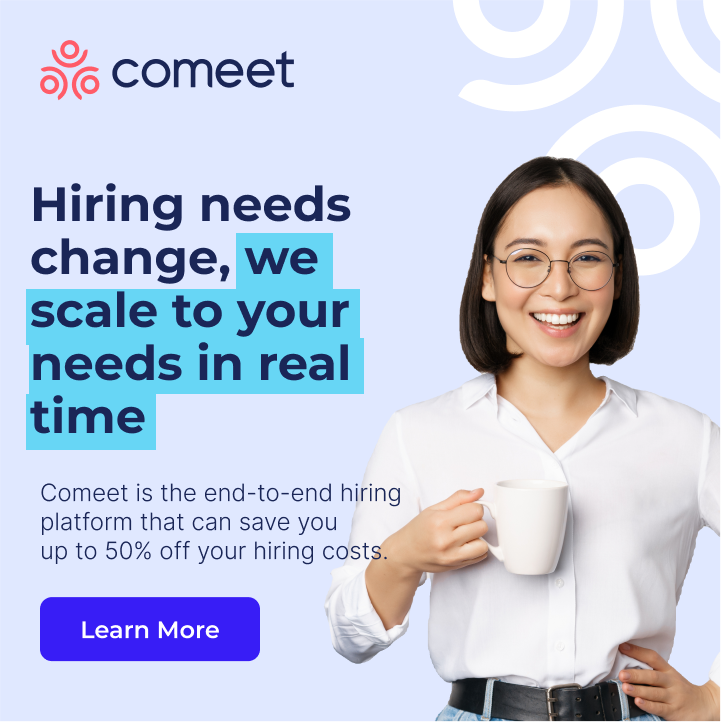You and your hiring team are doing a great job of evaluating job applicants, right? At least you think you are. And chances are that you and the members of your team are trying hard to evaluate all candidates fairly.
But here’s a sobering reality. Even if you are trying hard to recruit fairly, preferences and prejudices have a way of creeping in, in ways that can be hard to discover.
Why should you care, you ask? For one thing, discriminating against certain candidates can be legally perilous. But actually, the more important concern is that favoritism keeps you from hiring the best candidates.
Another problem is that if your company gets a reputation for hiring only certain kinds of candidates, fewer qualified candidates will want to work for you, and fewer will apply. The result, again, is that the quality of your workforce will erode.
What kind of biases can sneak into your hiring efforts? Chances are, more than you suspect.
Racial, Ethnic, or Religious Biases
If certain members of your hiring team prefer to hire people who come from certain backgrounds, that could throw off the balance of your labor force, because you should be hiring the best employees, not those who fit certain molds. And the opposite is also true, because if members of your hiring team discriminate against candidates from certain backgrounds, that can do just as much damage. But if your company looks like a rich mosaic made up of people from all kinds of backgrounds, that is a beautiful thing.
Sexual and Lifestyle Prejudices
Virtually no one today comes out and says, “Women shouldn’t be on our IT team.” No one comes out and says, “Gay men make excellent customer service representatives for our calling center, let’s only hire them.” Yet attitudes like those, usually unstated, color hiring decisions at many companies.
Educational Biases
These come in different forms. Not long ago, we heard about a company that habitually hired people who had graduated from the university the company’s CEO had attended. Why? Because the CEO liked to see that. Educational discrimination works the other way too, when companies avoid hiring graduates of certain colleges, simply because of bias. Note that this kind of bias can be hard to uncover. If a certain college has a great program in, say, marketing, why not hire lots of graduates from there? But If your hiring team is failing to uncover skilled graduates from other colleges, you are not hiring in an optimal way.
Nepotism
One example? The HR department gets pressured to hire someone who is a relative of a top company executive. Although nepotism is common in many companies, it too can erode the quality of a company’s workforce and fester a culture of unhappiness among employees who did not get their jobs by being on the inside track.
Ageism
This usually means discriminating against older workers. But how it happens can be deceptive. If your hotel likes to hire energetic young people to staff your front desk, for example, does that mean you are hiring strategically, or that you are discriminating against other applicants who might be just as good at the job?
How Do You Prevent Discrimination from Happening Right Under Your Nose?
- If you see a lot of similar workers being hired for certain positions, ask why. If a large number of your computer techs come from the same national background, for example, that might be just fine. But is it happening because of hiring prejudice on the part of your hiring team? Take a look at the qualifications that were used to judge people who have been hired and be sure a uniform and fair screening process is happening.
- Get into your database. Thanks to powerful applicant tracking platforms, you can compare and contrast the qualifications of candidates who have applied for your jobs, and who have been hired. If certain highly qualified candidates did not get job offers, why was that? And if less qualified applicants got job offers instead, your job is to find out why that happened.
- Make fairness and accountability a cornerstone of your hiring philosophy. Talk about it in meetings. Send out communications to your team that state that fairness in hiring is a critical part of what your company does. You are looking for exceptional talent . . . and that is the goal that every member of your team should pursue.
Note – This post is for informational purposes only and is not legal advice. You should contact your attorney to obtain advice with respect to any particular issue or problem.
Are you looking to start your hiring process today? Comeet can help. Check out our plan options to learn more about how we can redefine the way you recruit new talent.





























